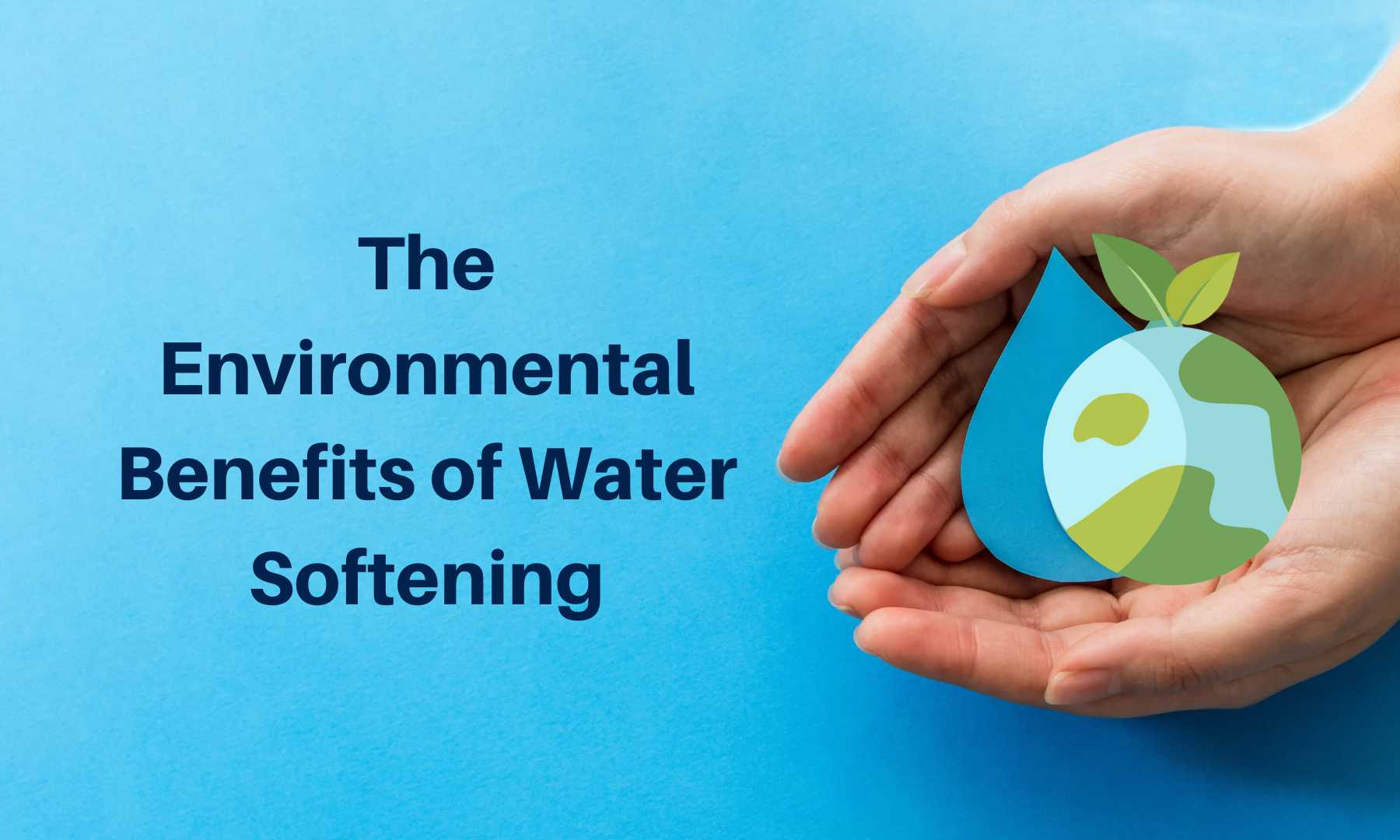
01 Nov. 23
The Environmental Benefits of Water Softening
Water is our planet’s most precious resource, and conserving it in its purest form is crucial for our ecosystem. One aspect of water quality that’s often overlooked in environmental discussions is water hardness. Water softening, while primarily known for its household benefits, offers a significant range of ecological advantages. Here’s a deep dive into the environmental perks of employing water softeners.
1. Reduced Water Wastage
Hard water contains minerals that cause scale buildup in pipes and appliances. This buildup can lead to reduced flow rates and even blockages, causing homeowners to run taps longer or run appliances multiple times for effective results. Softened water, free from these scale-producing minerals, ensures efficient flow and operation, reducing the overall water wastage.
2. Extended Appliance Life
When appliances such as water heaters, washing machines, and dishwashers are free from mineral buildup, they operate more efficiently and have a longer lifespan. This means fewer appliances end up in landfills, decreasing environmental waste.
3. Decreased Use of Cleaning Agents
Hard water often requires homeowners to use more soap and detergent due to its inefficiency in lathering. Softened water produces a richer lather, meaning less soap is needed. This results in fewer chemicals and surfactants being released into wastewater systems, benefiting aquatic life and the broader ecosystem.
4. Energy Efficiency
The scale buildup we’ve been discussing isn’t just a problem for water flow. When heating elements in appliances like water heaters get coated with scale, they need more energy to heat water. Soft water reduces this energy consumption as appliances run more efficiently. This not only conserves energy but also reduces carbon emissions and electric bills!
5. Lower Greenhouse Gas Emissions
Water treatment plants have to work harder when treating hard water, and hard water also affects household appliances, as mentioned above. The cumulative effect is a higher energy requirement, leading to more greenhouse gas emissions. Softened water can help lower these emissions by enhancing efficiency at multiple stages.
6. Less Reliance on Bottled Water
Many people turn to bottled water as a solution to poor tap water quality. By improving the taste and feel of tap water through softening, we can reduce our dependence on plastic bottled water. This not only minimizes plastic waste but also reduces the carbon footprint associated with transporting bottled water.
In conclusion, while the immediate advantages of water softening, such as shinier hair, spot-free dishes, and longer-lasting appliances, are often discussed, its environmental benefits are equally compelling. As we strive to make choices that are kinder to our planet, considering the eco-friendly aspects of softened water becomes not just a household concern but a global one. Remember, every drop saved, every watt conserved, and every bottle not purchased has a ripple effect on our environment. Let’s embrace water softening as a step toward a greener future! Contact Simple Water Softeners, today!


